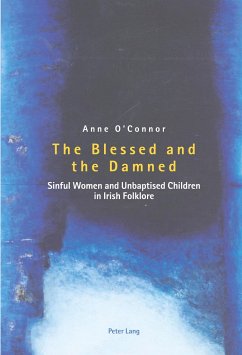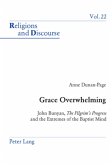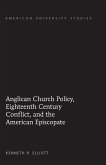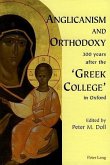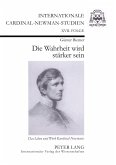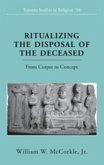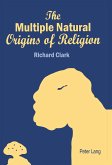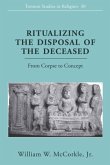The Irish folklore of the Otherworld is rich in its many manifestations of supernatural beings and personages. This is represented in many different genres of folklore, such as folktales, legends, ballads, memorates, beliefs and belief statements, and exists within the context of rich literary, historical and imaginative parallels.
This book presents a new reading of Irish religious belief and legend in a meaningful socio-historical context, examining popular belief and narratives of sinful women and unbaptised children, as a way of understanding a particular worldview in Irish society. Blending postmodern approaches with traditional methodologies, the author reviews the representation of women, sin and repentance in Irish folklore.
The author suggests new ways of seeing this legend material, indicating strong links between the Irish and the French, specifically Breton, religious tradition, and tracing the nature of this inter-relationship through the post-Tridentine Counter Reformation Roman Catholic Church and its teachings. In this way aspects of Ireland's popular religious and cultural inheritance are examined.
This book presents a new reading of Irish religious belief and legend in a meaningful socio-historical context, examining popular belief and narratives of sinful women and unbaptised children, as a way of understanding a particular worldview in Irish society. Blending postmodern approaches with traditional methodologies, the author reviews the representation of women, sin and repentance in Irish folklore.
The author suggests new ways of seeing this legend material, indicating strong links between the Irish and the French, specifically Breton, religious tradition, and tracing the nature of this inter-relationship through the post-Tridentine Counter Reformation Roman Catholic Church and its teachings. In this way aspects of Ireland's popular religious and cultural inheritance are examined.
"...an extremely interesting and stimulating book that enlightens a whole range of issues in the Irish past as well as addressing a more contemporary range of concerns about religious identities and memory. [...] This...is a richly suggestive book for historians interested in the religious cultures of Ireland over time. It demonstrates the importance of multiple readings and approaches to the sometimes intractable evidence that makes up the raw material for interpreting religious identities in Ireland." (Raymond Gillespie, The Catholic Historical Review)
"It [the book] is thoroughly researched and scholarly, and exemplifies the Finnish or Historical-geographical method. It is a comprehensive survey of a complex aspect of Irish folklore and offers copious notes and valuable references. [...] This is a welcome work that points the way in terms of thematic consolidation and representation of vernacular discourse and worldview. It is hoped that it is a harbinger of many books thatcan engage both the discipline and the public, past and present, in the ongoing arts of vernacular communication." (Stiofán Ó Cadhla, Béascna)
"'The Blessed and the Damned' is a truly challenging book about a fascinating aspect of Irish folk tradition. As an illustration of how a subject can be developed in a new direction in the hands of a dedicated researcher, it is exemplary." (Máirín Nic Eoin, Tipperary Historical Journal)
"It [the book] is thoroughly researched and scholarly, and exemplifies the Finnish or Historical-geographical method. It is a comprehensive survey of a complex aspect of Irish folklore and offers copious notes and valuable references. [...] This is a welcome work that points the way in terms of thematic consolidation and representation of vernacular discourse and worldview. It is hoped that it is a harbinger of many books thatcan engage both the discipline and the public, past and present, in the ongoing arts of vernacular communication." (Stiofán Ó Cadhla, Béascna)
"'The Blessed and the Damned' is a truly challenging book about a fascinating aspect of Irish folk tradition. As an illustration of how a subject can be developed in a new direction in the hands of a dedicated researcher, it is exemplary." (Máirín Nic Eoin, Tipperary Historical Journal)

